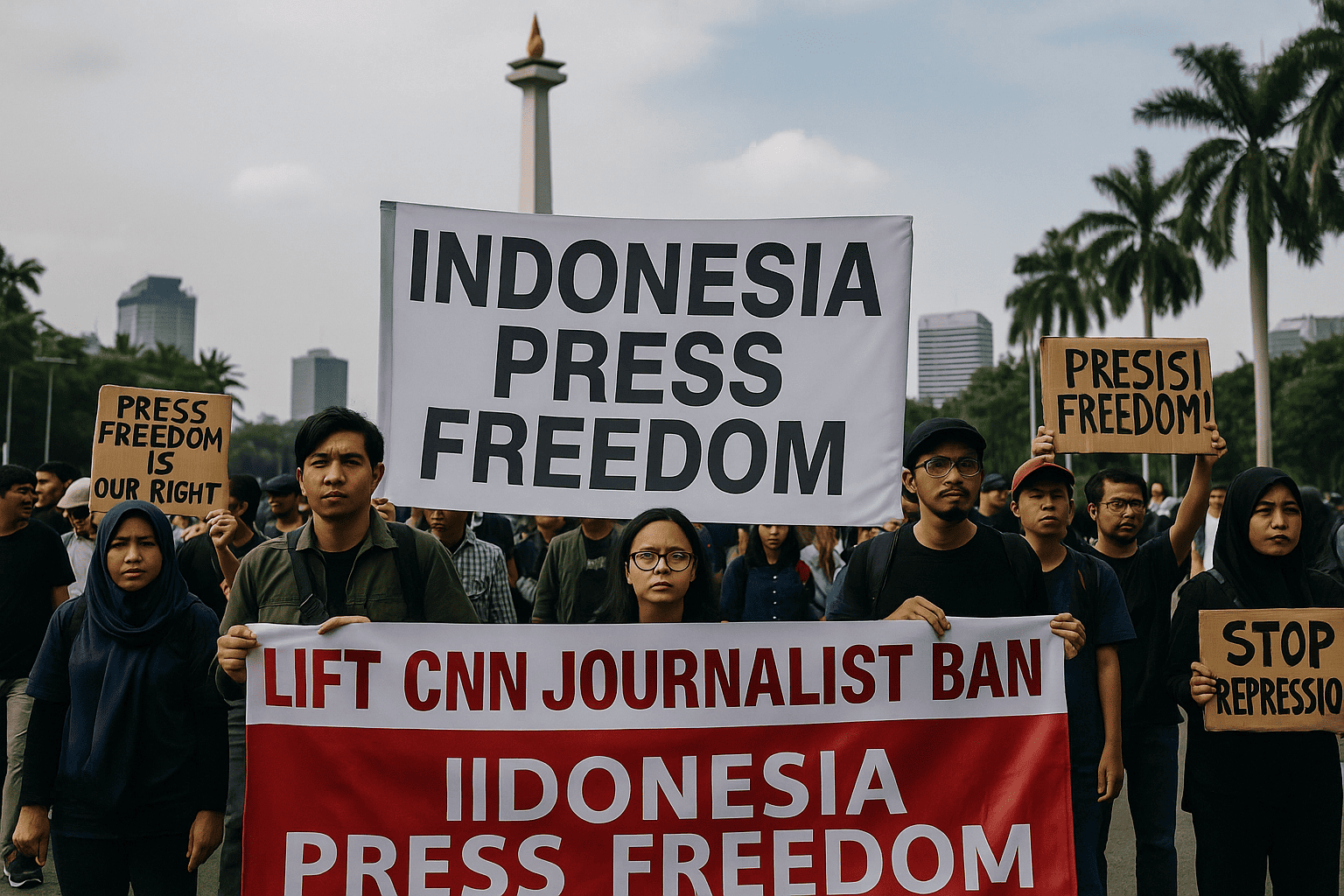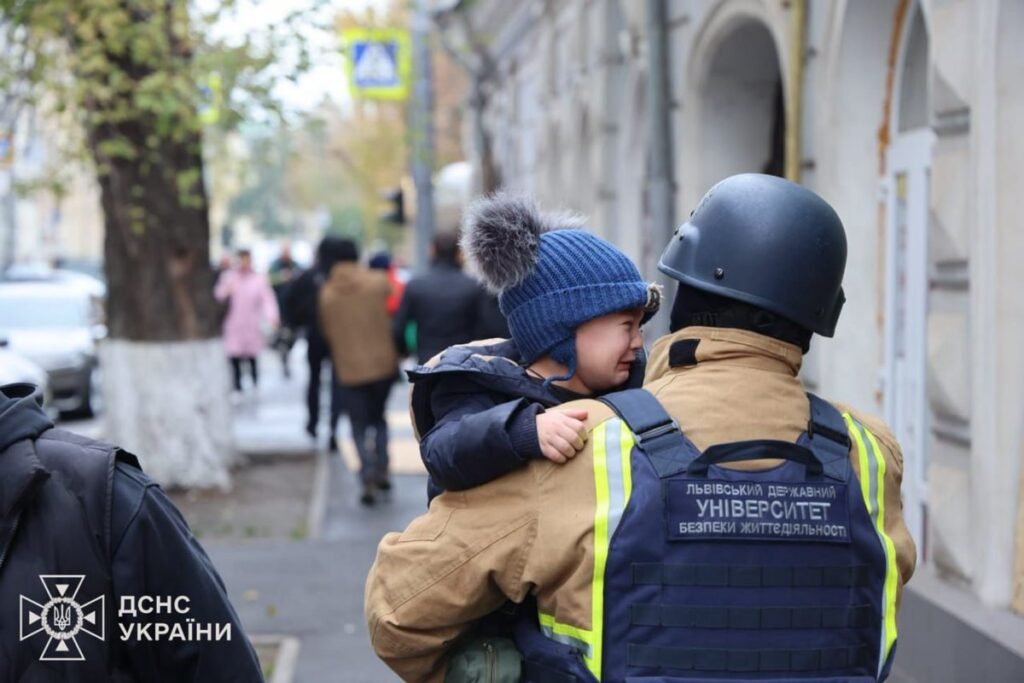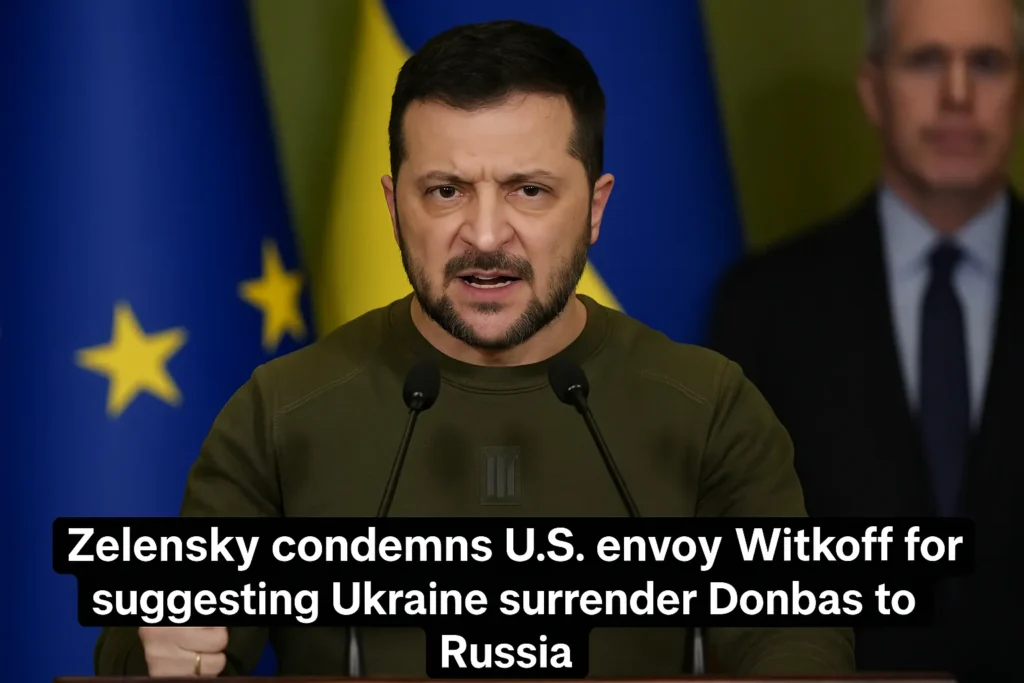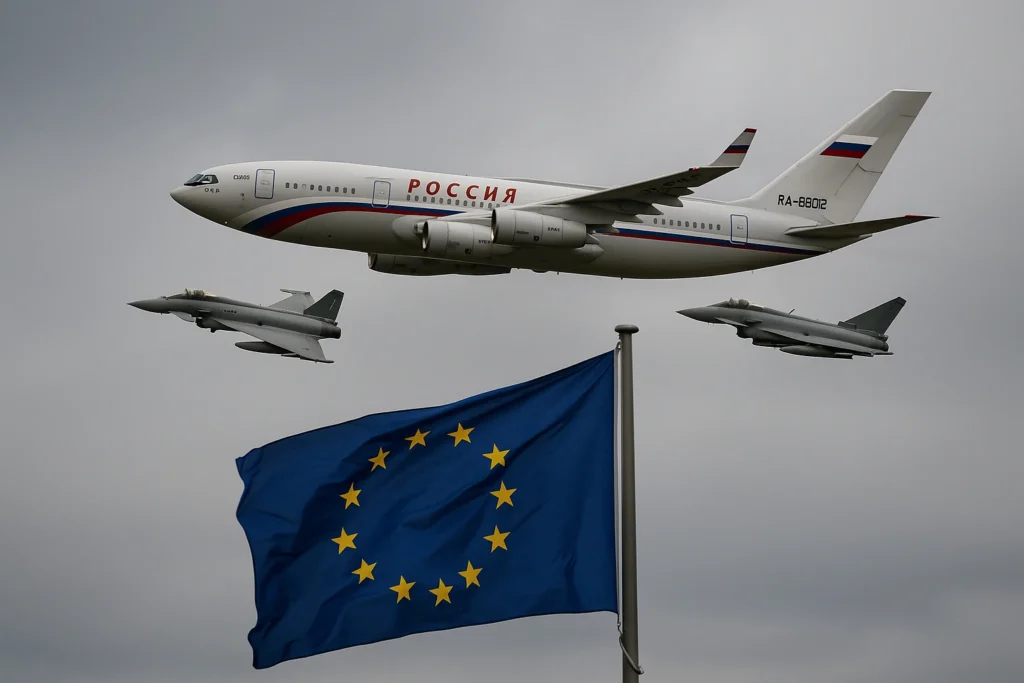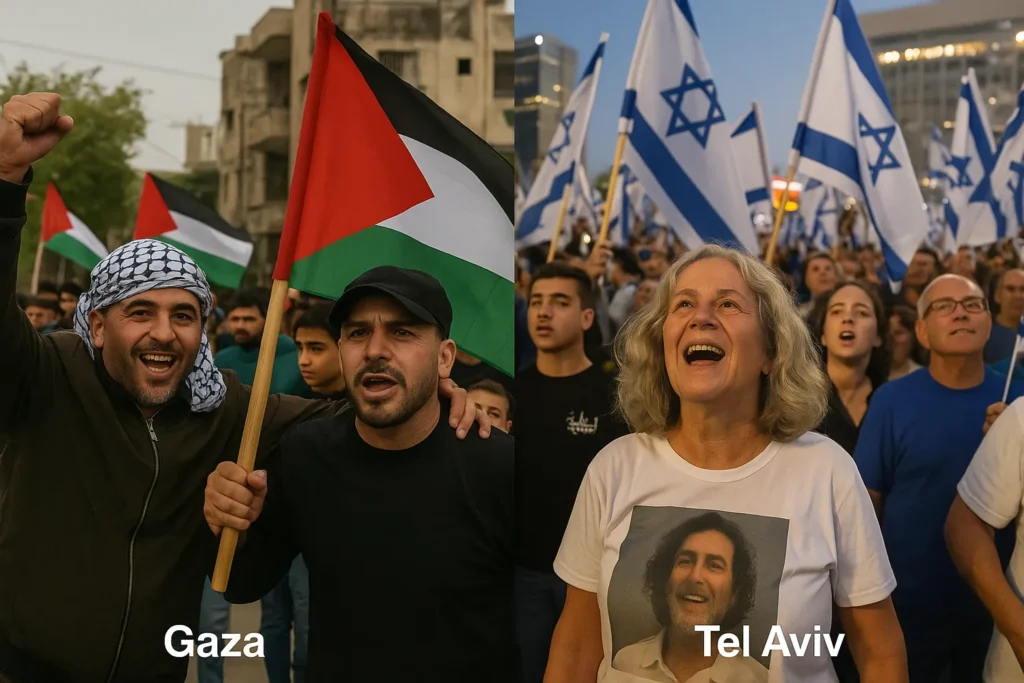Freedom of the press is not a slogan — it is the core test of any democracy. Indonesia press freedom has come under fire after President Prabowo Subianto’s administration barred a CNN Indonesia journalist who dared to question a failing free meal program. The country’s press council demanded a reversal, but the damage already speaks volumes: Indonesia, a nation that once fought to escape dictatorship, now punishes critical voices.
Context: The mainstream narrative
The government insisted the ban was simply a “disciplinary measure.” Officials accused the journalist of “disrupting protocol” during a press event about the free meal program. That program, ironically, has been plagued by irregularities and delivery failures. Mainstream media framed the case as an isolated clash between government and press. Meanwhile, Indonesia’s press council urged Prabowo to restore access, stressing that the constitution guarantees press freedom. Reuters covered the story as another sign of shrinking civic space in Southeast Asia.
Oppositional Argument: Why the mainstream is wrong
Calling this a “misunderstanding” is dishonest. In reality, the ban represents a direct attack on Indonesia press freedom. Branding tough questions as “disruptions” is a tactic used by authoritarian regimes worldwide. A president who once promised a “people-first government” now treats uncomfortable questions as threats. This incident is not minor; it is part of a wider pattern where journalism survives only if it flatters those in power.
Analytical Breakdown: Causes and consequences
The roots of the ban lie in Indonesia’s fragile democratic institutions. Since Prabowo’s rise, watchdogs have warned of creeping militarism. His cabinet brims with ex-generals, and his political style favors confrontation over dialogue. Silencing a CNN reporter follows this logic.
Moreover, the consequences extend far beyond one journalist. Once the state punishes a single reporter, others quickly self-censor. Questions about corruption in social programs or opaque military contracts vanish. As a result, accountability erodes, and citizens lose their watchdogs. Investors also notice. Press freedom correlates directly with transparency and investor confidence. Without it, Indonesia risks sliding toward the authoritarian mold of Cambodia or Thailand, undermining its democratic credibility in ASEAN.
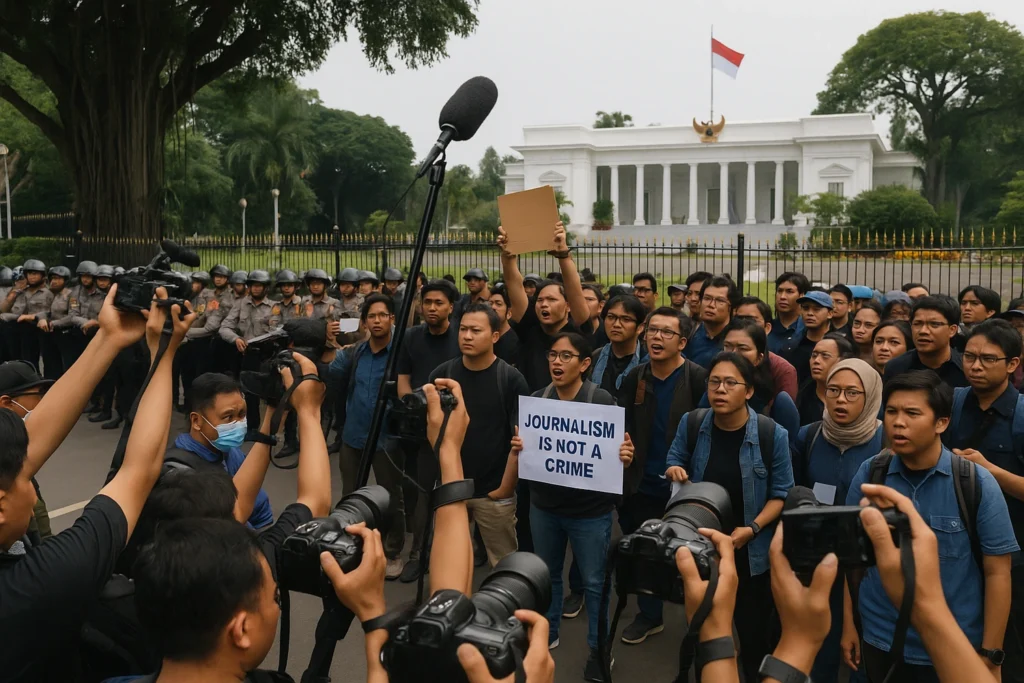
Human Perspective: The real cost
The real losers are ordinary Indonesians. Citizens were promised free meals but often received nothing. The banned journalist merely asked the question millions were asking: where are the meals? Instead of an honest answer, the public witnessed censorship.
For families in rural Java or Sulawesi, rising rice prices and job insecurity create daily struggles. When the press is silenced, so are their grievances. Civil society groups warn: if Prabowo can punish CNN, what protection exists for small local outlets? Without independent reporting, the voices of the vulnerable fade into silence.
Counterarguments
Government supporters claim the journalist broke protocol. They argue that order must come before confrontation. Yet democracy thrives not on silence but on accountability. If officials accept only rehearsed questions, press conferences turn into staged theater. In fact, past administrations tolerated difficult questions without punishment. Why the sudden crackdown? Because this government cannot stomach scrutiny of its failures.
Conclusion: The fragile democracy test
Indonesia press freedom stands at a crossroads. By punishing a CNN journalist, Prabowo’s administration has crossed a line. Democracies survive only when leaders tolerate uncomfortable truths. Banning questions is not discipline; it is authoritarianism disguised as protocol.
The press council was right to demand reinstatement, but Indonesians must go further. They must defend the democratic gains won after Suharto’s fall. Otherwise, they will watch them erode under leaders too fragile to face honest questions.
External Links
59 views
